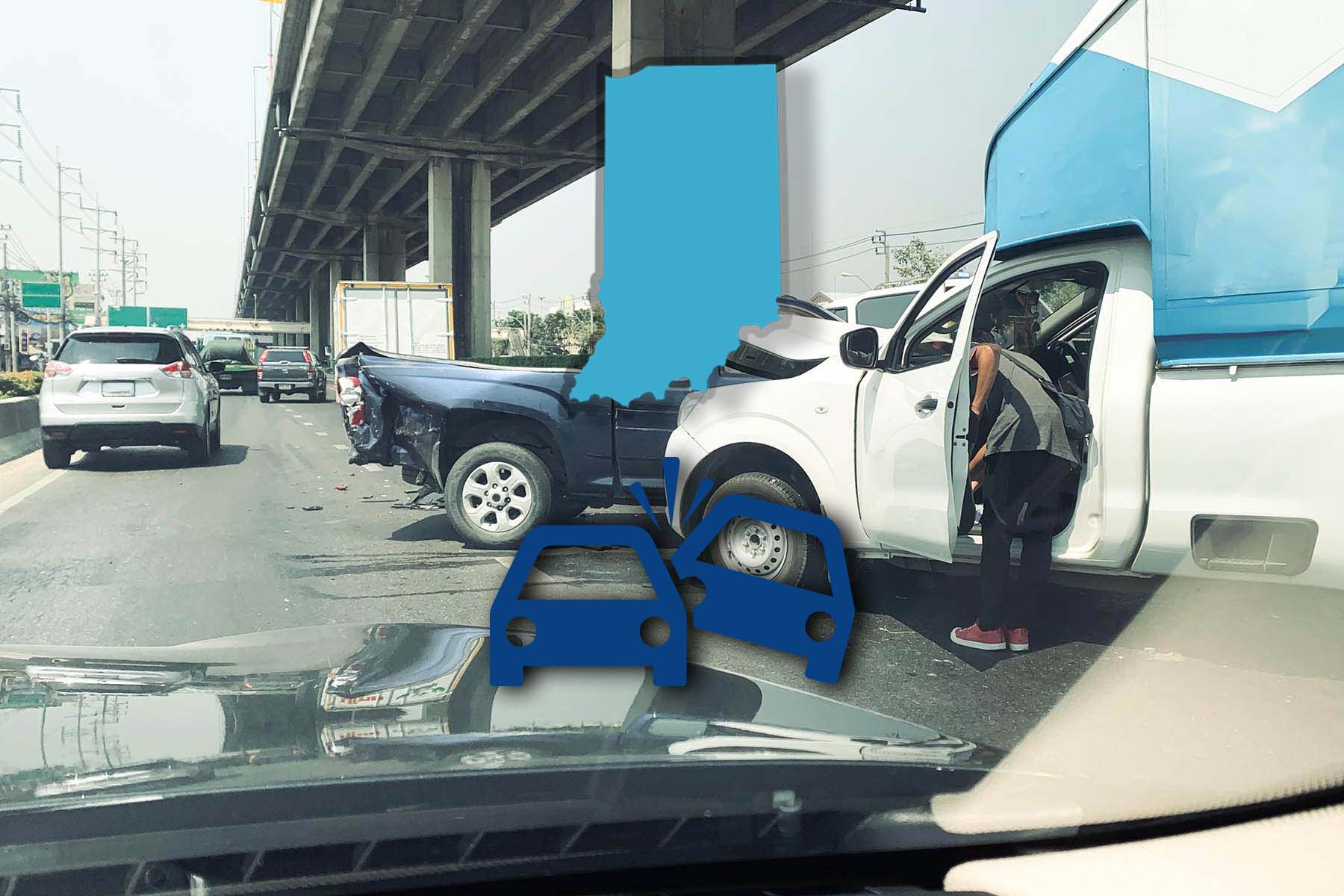
Indiana hit and run laws: What is the penalty for leaving the scene of an accident?
- Indiana hit and run laws: What is the penalty for leaving the scene of an accident?
- 9-26-1-1.1 Indiana leaving the scene of an accident explained: what is considered a hit and run in Indiana?
- How do victims recover damages after a hit and run in Indiana?
- How long do you have to report an accident in Indiana?
- Indiana hit and run laws: accidents resulting in property damage
- Hit and run death or injury in Indiana
- Dui hit and run charges in Indiana
- Section 9-26-1-1.2 “duties of a driver involved in an accident resulting in traffic obstruction”
- What is the penalty for a hit and run or fleeing the scene of an accident in Indiana?
- Indiana hit and run laws: section 9-26-1-1.1 through 9-26-1-1.2 what to remember.
- How is fault determined in Indiana?
- What is the statute of limitations on hit and runs in Indiana?
- Is a hit-and-run a felony in Indiana?
- Indiana hit and run laws: defenses
Under section 9-26-1-1.1, Indiana hit and run laws, the penalty for leaving the scene of an accident is a misdemeanor or felony. If the victim is injured or dead, the fleeing driver is guilty of a felony that may escalate to manslaughter or vehicular homicide.
- Obstructing traffic in Indiana is a class C infraction.
- Do not move the vehicle if the accident results in death.
- Dui hit and run is a felony in Indiana.
- Hit and run resulting in property damage is a misdemeanor
- You have two years to file a claim starting from the time of the accident.
- Document everything to make it easier for law enforcement to find the fleeing driver.
References
- IC 9-26-1-1.1 duties of driver of motor vehicle involved in accident.
- IC 9-26-1-1.2 duties of motor vehicle involved in an accident resulting in traffic obstruction
9-26-1-1.1 Indiana leaving the scene of an accident explained: what is considered a hit and run in Indiana?
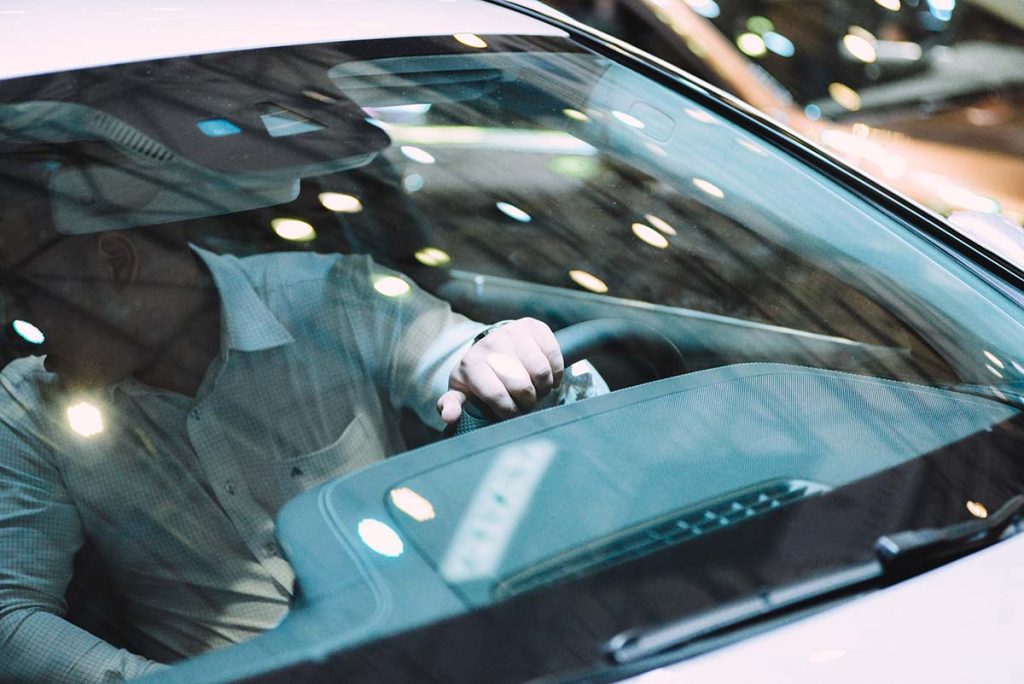
Also known as “leaving the scene of an accident” or “failure to stop,” a hit-and-run occurs when a driver is involved in an accident and chooses not to stop and offer reasonable assistance to the victim or exchange information with the struck property owner or law enforcement.
Consequently, under Indiana hit and run laws, all drivers must stop after an accident, at the scene, or very close to the scene. After stopping, you must do the following to avoid hit and run charges.
- Stop and park the vehicle in a manner that does not obstruct traffic more than is necessary.
- Remain at the scene until you give your name, address, and vehicle registration number to anyone involved in the accident.
- Upon request, you must exhibit your driver’s license to the owner of the damaged property, victim, or law enforcement.
What must prosecutors prove?
After a hit and run in Indiana, prosecutors must prove that the fleeing driver knew or should have known that he was in an accident, the driver intentionally failed to stop, and knowingly fled the scene. To avoid charges, what you must do is stop the vehicle immediately after an accident, call law enforcement, and remain at the scene until law enforcement arrives.
How do victims recover damages after a hit and run in Indiana?
Suppose you have suffered loss, property damage, or injury. You may file a personal injury, property damage claim, or wrongful death claim against the driver. We recommend consulting with a claims attorney to determine what claims to file.
Also, at the scene of the accident, there are several actions you may take that will increase the odds of arresting the fleeing driver. We recommend:
- Document everything, including the fleeing driver’s description, vehicle make, and color, damage to the vehicle, or anything else that may aid investigators.
- Find witnesses. If there are any, get their names, contact information, and their testimonies.
- If you have a camera, take pictures.
What if you flee the scene?
You must have a good reason. For example, you feared for your safety or went to find help. It is also a defense that the act of fleeing the scene was not voluntary, for instance – you were unconscious, and someone took you to a hospital. In that case, you have committed no crime.
How long do you have to report an accident in Indiana?
Under state law, you have ten days to submit a report at the Bureau of Motor Vehicles.
Indiana hit and run laws: accidents resulting in property damage
If the accident only results in property damage, the fleeing driver is guilty of a misdemeanor. What if you cannot find the owner of the struck vehicle or property?
Indiana hit and run laws require you to take reasonable steps to locate the owner of a struck unattended vehicle. If you cannot find the vehicle owner, you should report the incident to the police.
Can you leave a note on the vehicle?
You may, but state law requires you to report all accidents that result in property damage.
Hit and run death or injury in Indiana
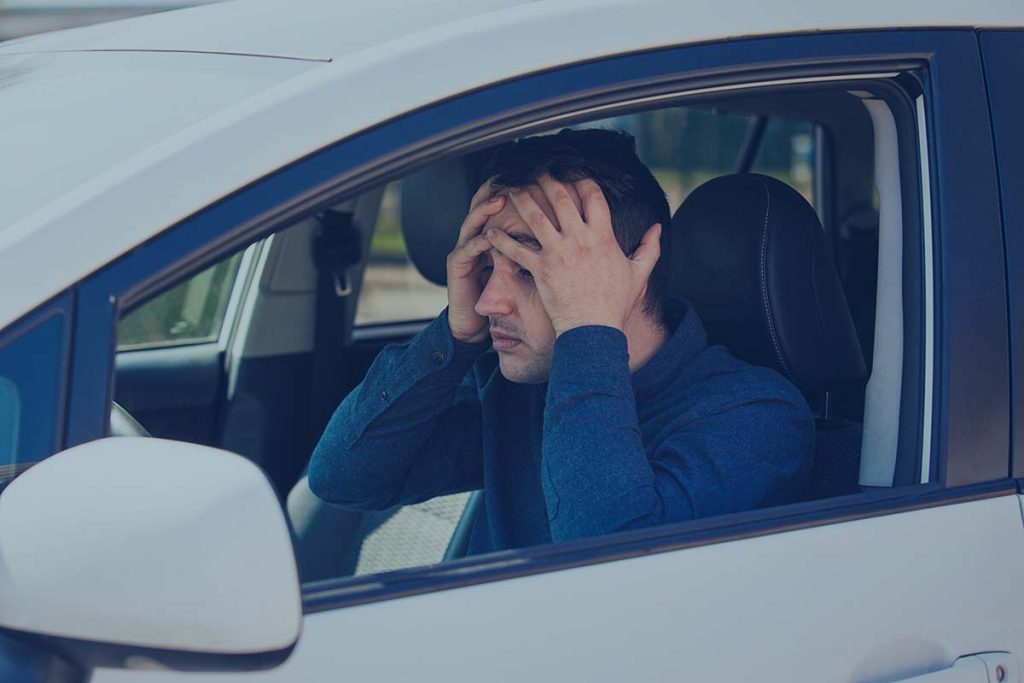
Note – Failure to comply with the requirements above if the accident results in death is a level 6 felony. Leaving the scene of an accident that results in injury is a class A misdemeanor. If you have prior records, the charges may escalate into a class 6 felony.
Dui hit and run charges in Indiana
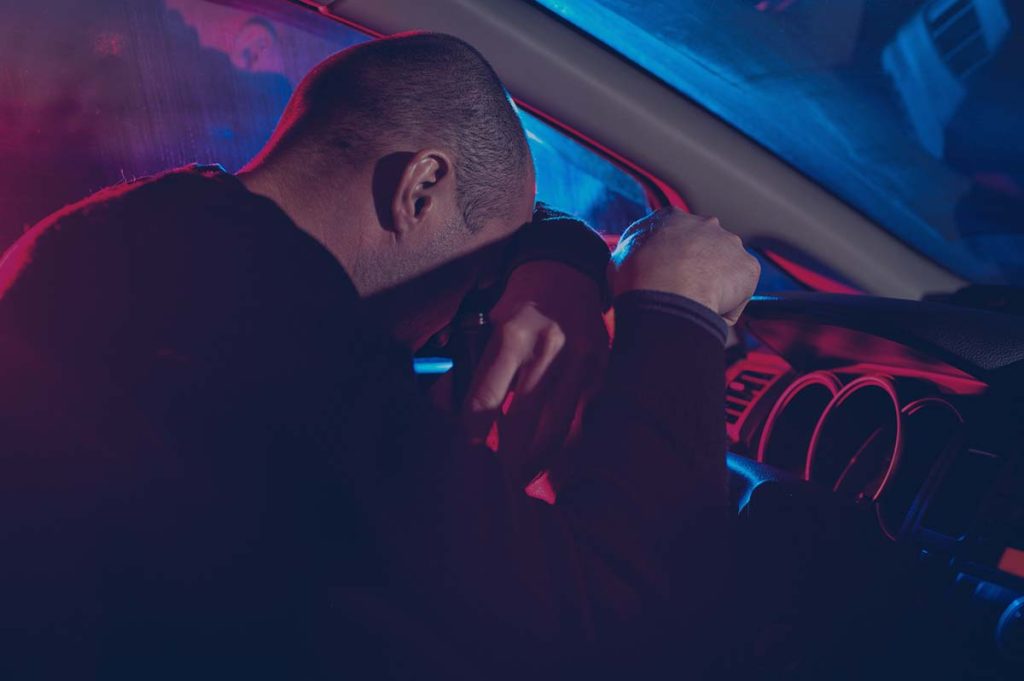
If at the time of an accident that results in catastrophic injury or death, the driver was under the influence of drugs or alcohol, fleeing the scene of the accident is a level 3 felony. Note, section D of the statute reads, quote:
“A court may order terms of imprisonment imposed on a person convicted of more than one (1) offense described in subsection (b)(1), (b)(2), (b)(3), or (b)(4) to run consecutively. Consecutive terms of imprisonment imposed under this subsection are not subject to the sentencing restrictions outlined in IC 35-50-1-2(c) through.”
Section 9-26-1-1.2 “duties of a driver involved in an accident resulting in traffic obstruction”
As mentioned, Indiana hit and run laws require you to park your vehicle in a manner that does not obstruct traffic more than is necessary after an accident. Failure to move the vehicle is a class C infraction. Fleeing the scene is a class B misdemeanor.
What if the victim dies?
If you are transporting hazardous materials or the victim dies, is injured, or becomes entrapped in the vehicle, you should not move the vehicle unless instructed by emergency workers or law enforcement. Remember, you have a legal obligation to render reasonable assistance to anyone involved in the accident.
What is the penalty for a hit and run or fleeing the scene of an accident in Indiana?
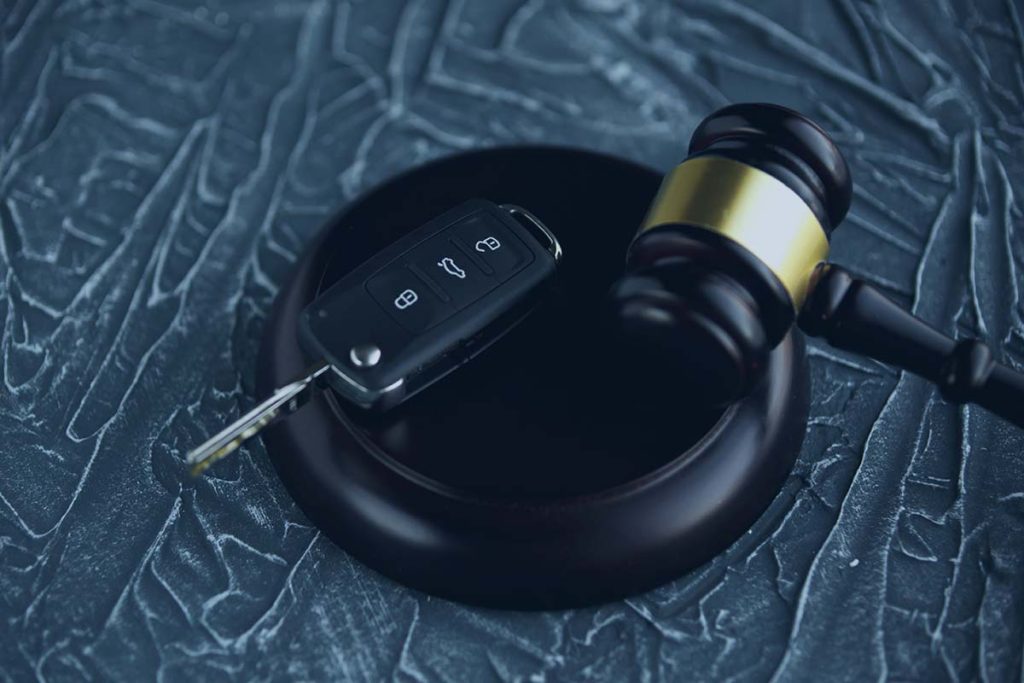
- Hit and run resulting in property damage: class B misdemeanor, punishable by up to 180 days in jail or a $1000 fine.
- Hit and run resulting in serious injury: class A misdemeanor, punishable by up to one year in prison and a $5000 fine.
- Leaving the scene of an accident, serious body injury: class 6 felony punishable by up to two and a half years in prison and a $5000 fine.
- Death or catastrophic injury: level 4 felony, punishable by up to twelve years in prison and a $10000 fine.
- DUI hit and run resulting in death or injury: level 3 felony punishable by up to thirty years in prison and a $10000 fine.
Note: the victim may sue the driver, and the court may impose punitive damages, making it vital to contact an attorney.
Indiana hit and run laws: section 9-26-1-1.1 through 9-26-1-1.2 what to remember.
- You have a legal obligation to stop and render reasonable assistance to anyone injured after a traffic collision.
- Fleeing the scene of an accident escalates the accident into a misdemeanor or felony.
- Obstructing traffic is a class C infraction.
- Do not move the vehicle if the accident results in serious injury or death.
How is fault determined in Indiana?
Indiana is an “at fault” state. Because of that. After an accident, the driver responsible for causing the accident pays the victim. The victim may file claims including lost wages, property damage, pain and suffering, medical bills, and so on.
What if both parties are partially responsible for causing the accident?
Indiana comparative law rule states that if one of the drivers is 51% responsible for the accident, then that driver is ineligible for compensation. In other words, your share of fault diminishes the recoverable amount.
What is the statute of limitations on hit and runs in Indiana?
After an accident, according to state law, you have two years from the date of the accident to file a civil lawsuit. However, the period may extend if the victim dies within two years after the accident.
Is a hit-and-run a felony in Indiana?
If the victim dies or suffers serious injuries, fleeing the scene turns the accident into a felony. The driver may also face other felony charges including,
- Assault
- Manslaughter
- Vehicular Homicide
- Reckless driving
Indiana hit and run laws: defenses
If both parties agree to a settlement, you may solve a hit and run out of court. Through mediation, you may avoid trial. However, the case may go to trial if the parties fail to agree, or if an insurer refuses to pay. We recommend consulting with an attorney to determine if mediation is an option.
That said.
Some defenses your lawyer may use during trial include:
- You were not behind the wheel at the time of the accident.
- Leaving the scene was involuntary.
- You feared for your safety.
- The victim did not suffer any injuries.
- You were responding to an emergency.
The facts presented will determine a suitable defense. If you fled the scene, make sure that you report the accident within ten days and consult with a lawyer before submitting your report. Remember, an accident turns into a crime if you flee the scene without rendering reasonable assistance to the victim and if you do not exchange information with the other party or law enforcement. So, we recommend:
- Do not leave the scene of an accident.
- Do not admit fault or use words that prosecutors may use against you.
- Call law enforcement immediately after an accident.
- Assist anyone who needs it, including making arrangements to transport the victim to a hospital.
Other Indiana Laws